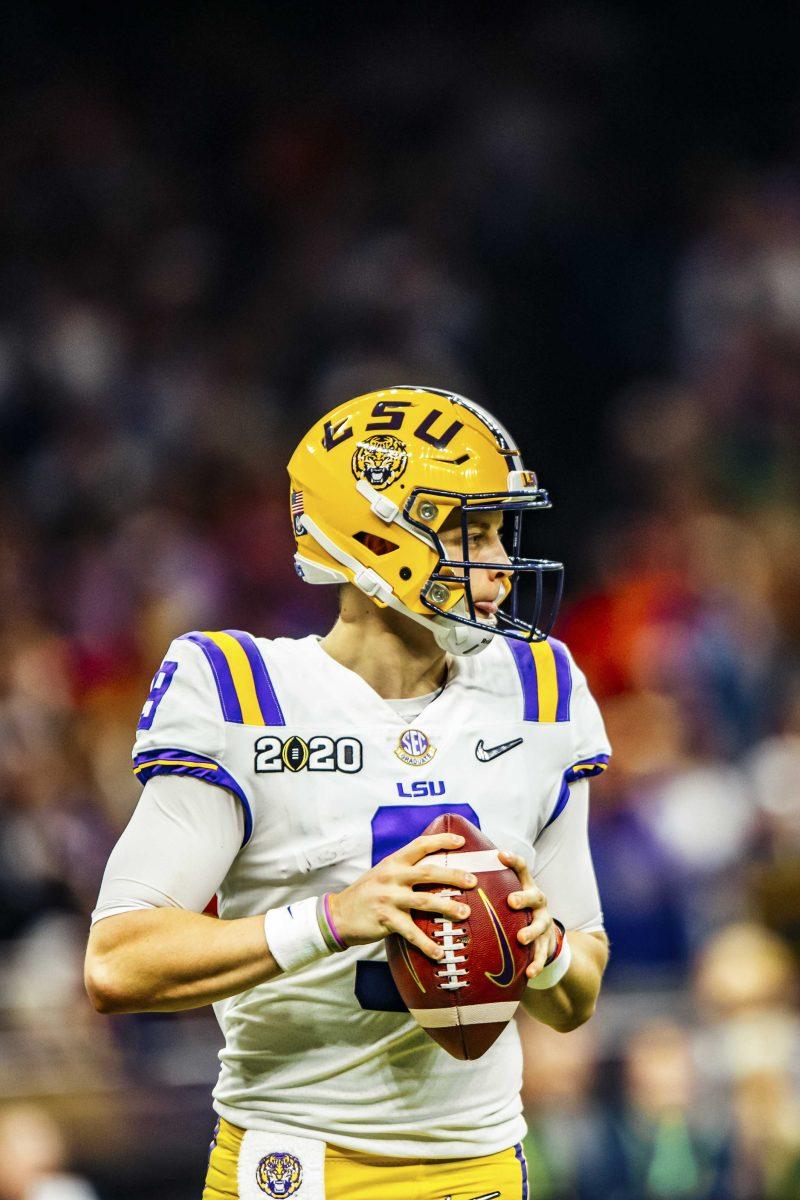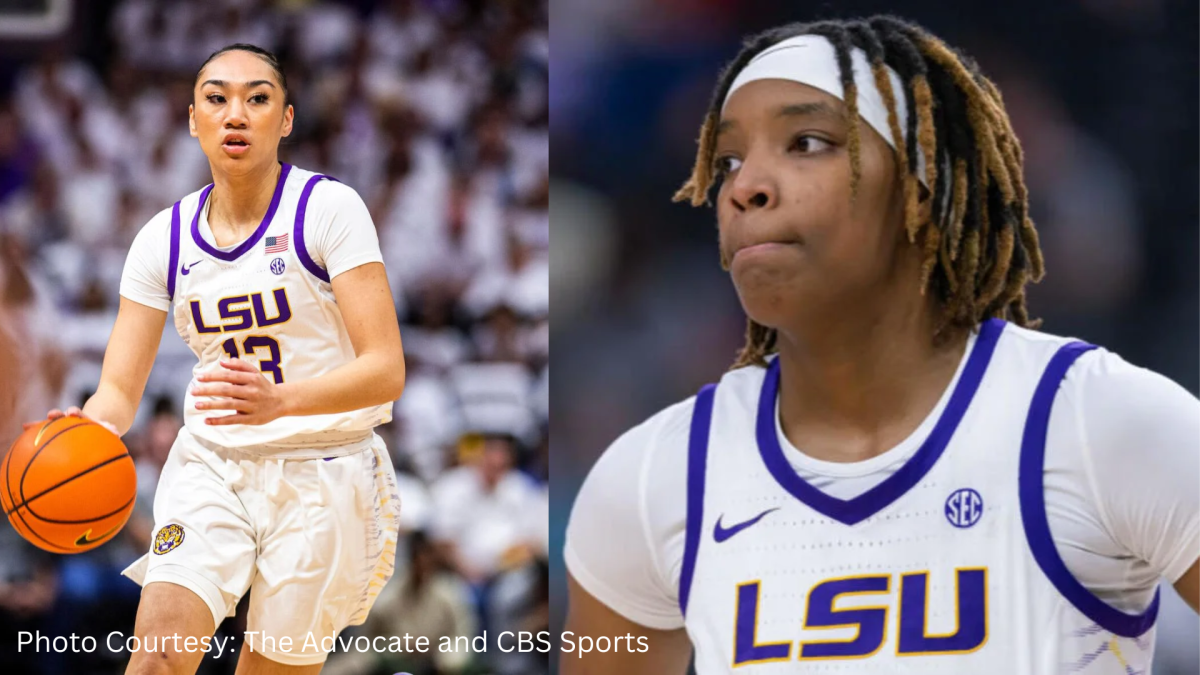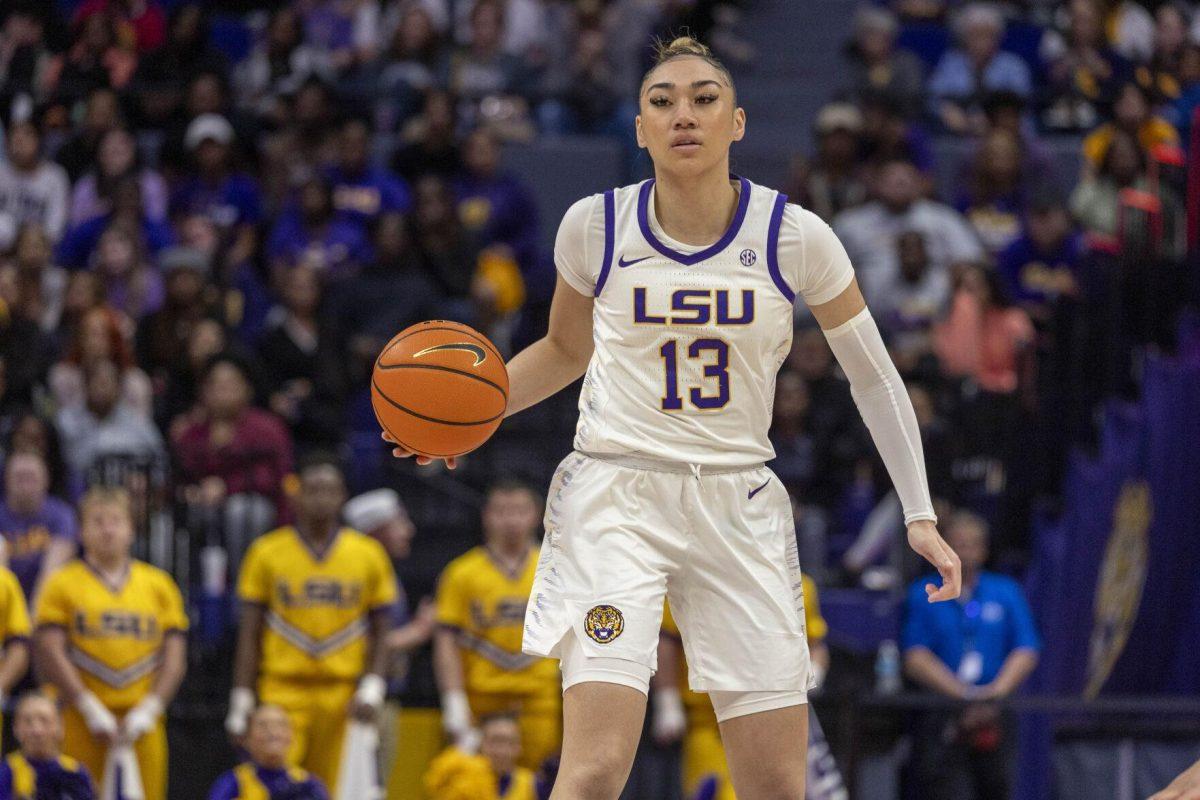The 2020 NFL Draft has been a celebration of LSU football.
The Cincinnati Bengals officially welcomed Joe Burrow to kick off the first night of the draft, and in a surprising move, the Kansas City Chiefs selected Clyde Edwards-Helaire to close it, bookending the first round with two Tigers.
In the second half of the first round, the Jacksonville Jaguars nabbed K’Lavon Chaisson, the Minnesota Vikings scooped up Justin Jefferson and the Baltimore Ravens dialed up Patrick Queen.
On day two, Grant Delpit landed on the Cleveland Browns and the Tennessee Titans picked Kristian Fulton. Damien Lewis became a Seattle Seahawk and Lloyd Cushenberry joined the Denver Broncos. The Browns also took Jacob Phillips.
The draft put a bow on a dream season and, for football fans, paused a world that has seemingly begun to spin backwards on its axis. Its scenes of elation, from the players’ tears of joy in their living rooms to flashbacks of their highlights and achievements, momentarily kept at bay reports of death and gloom. LSU football players are breaking records, and things seem normal again.
In LSU athletics history, the 2020 NFL Draft will be a landmark, marking a crossroads of sorts where the LSU sports community briefly looked back and smiled before proceeding into an uncertain future.
“I feel confident that we’re going to play,” head coach Ed Orgeron told 104.5 ESPN Baton Rouge earlier this week. “I feel confident that at some point or another, we’re going to start. Hopefully we can get our guys back maybe in June, maybe in July, hopefully that’s going to happen. We’ve just got to follow the governor’s orders.
“I feel like we are going to have a season,” he said. “Now, what’s it going to look like in the stadium, I don’t know.”
The key quote there is “I don’t know.” Because currently no one, not even medical professionals, knows what this summer, much less this fall, will look like. Take the opinion of a football coach at your own risk.
Instead, take the opinion of Zach Binney, the PhD in epidemiology and Emory professor who wrote his dissertation on injuries in the NFL.
“We will not have sporting events with fans until we have a vaccine,” Binney told Sports Illustrated in early April. It is widely estimated that a vaccine will not be developed or distributed for another 12-18 months.
So, can the leagues play their games without fans?
“There’s a way of doing that,” Dr. Anthony Fauci told Snapchat’s Peter Hamby in mid-April. “Nobody comes to the stadium. Put [the players] in big hotels, wherever you want to play, keep them very well surveilled. … Have them tested every single week and make sure they don’t wind up infecting each other or their family, and just let them play the season out.”
Still, holding players, coaches, trainers, media and security in a bubble away from their families would be a logistical nightmare for obvious reasons. One positive test for COVID-19, the Sports Illustrated story says, could shut the whole league down.
Others have floated the possibility of shortening the seasons or moving fall sports to the spring semester, causing some to question that resuming in the following fall, especially for football players, would be too quick a turnaround.
Regardless, collegiate programs across the country will take financial hits. LSU will be no exception.
“Football is 85% of our revenue,” LSU Athletic Director Scott Woodward told Sports Illustrated. “That says it all. It is the engine that drives the train.”
At LSU, only three sports turn a profit — football, men’s basketball and baseball. According to SI, football made $56 million, compared to $1.6 million by baseball and $570,000 from basketball in 2016-2017. Profits from football are used to fund “Olympic” sports that operate at deficits. Any cuts to football income — through tickets, concessions, television, advertising and donations — will affect LSU’s minor sports. Some may be forced into hiatus.
It is unclear what the future holds. What is certain, however, is that the coronavirus will significantly affect LSU sports. The world will be split into a pre-virus era and a post-virus era, much like the Orgeron era at LSU will be judged by its success post-national championship.
The draft reminded us of that championship glory. The Tigers are still kings of college football.
Tiger fans will gladly soak it in for as long as humanly possible.







